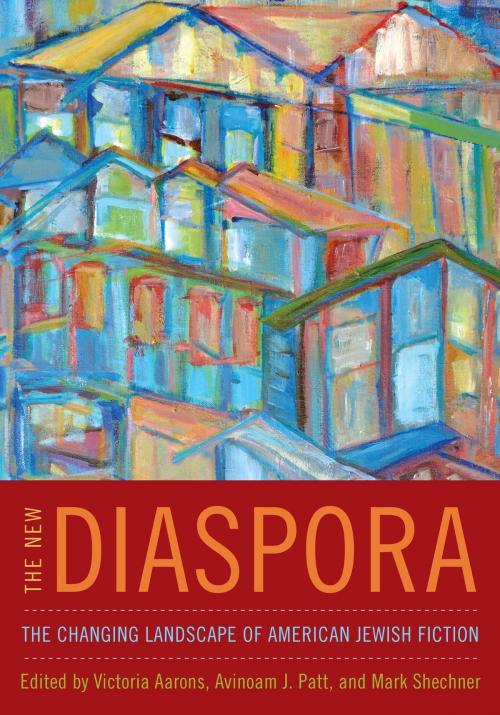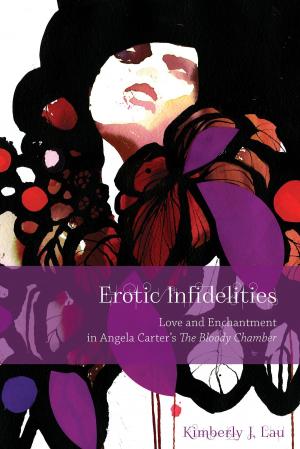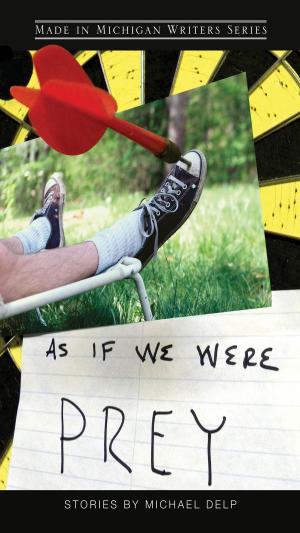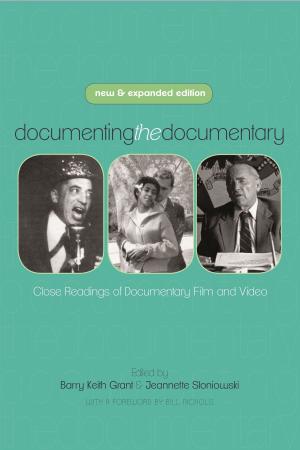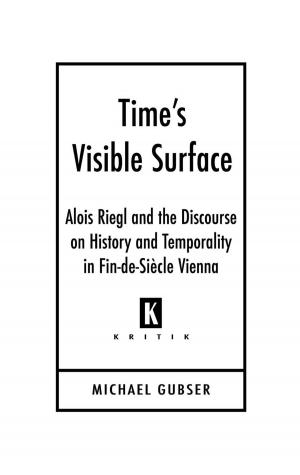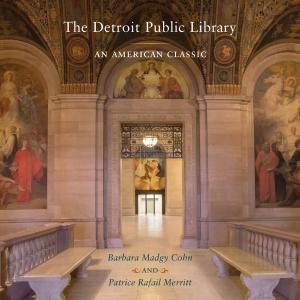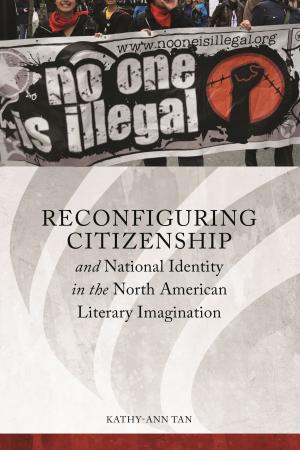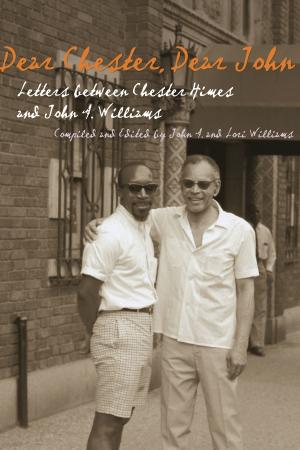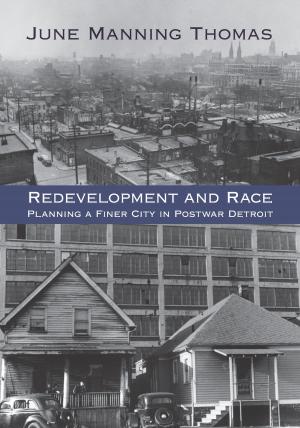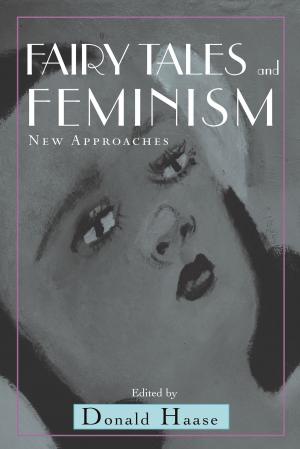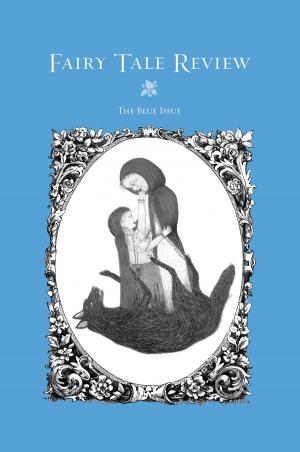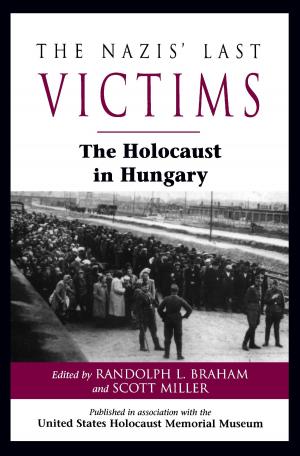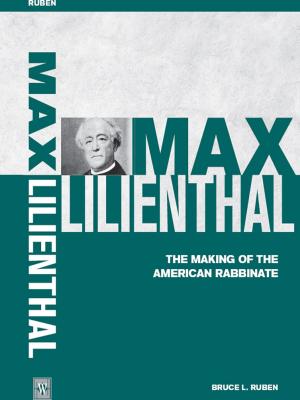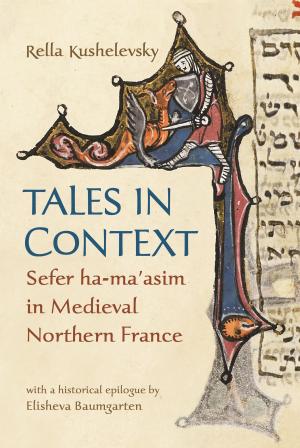The New Diaspora
The Changing Landscape of American Jewish Fiction
Fiction & Literature, Literary Theory & Criticism, Jewish, American, Nonfiction, Entertainment, Drama, Anthologies| Author: | Victoria Aarons | ISBN: | 9780814340561 |
| Publisher: | Wayne State University Press | Publication: | January 5, 2015 |
| Imprint: | Wayne State University Press | Language: | English |
| Author: | Victoria Aarons |
| ISBN: | 9780814340561 |
| Publisher: | Wayne State University Press |
| Publication: | January 5, 2015 |
| Imprint: | Wayne State University Press |
| Language: | English |
The Edward Lewis Wallant Award was founded by the family of Dr. Irving and Fran Waltman in 1963 and is supported by the University of Hartford’s Maurice Greenberg Center for Judaic Studies. It is given annually to an American writer, preferably early in his or her career, whose fiction is considered significant for American Jews. In The New Diaspora: The Changing Landscape of American Jewish Fiction, editors Victoria Aarons, Avinoam J. Patt, and Mark Shechner, who have all served as judges for the award, present vital, original, and wide-ranging fiction by writers whose work has been considered or selected for the award. The resulting collection highlights the exemplary place of the Wallant Award in Jewish literature. With a mix of stories and novel chapters, The New Diaspora reprints selections of short fiction from such well-known writers as Rebecca Goldstein, Nathan Englander, Jonathan Safran Foer, Dara Horn, Julie Orringer, and Nicole Krauss. The first half of the anthology presents pieces by winners of the Wallant award, focusing on the best work of recent winners. The New Diaspora’s second half reflects the evolving landscape of American Jewish fiction over the last fifty years, as many authors working in America are not American by birth, and their fiction has become more experimental in nature. Pieces in this section represent authors with roots all over the world—including Russia (Maxim Shrayer, Nadia Kalman, and Lara Vapnyar), Latvia (David Bezmozgis), South Africa (Tony Eprile), Canada (Robert Majzels), and Israel (Avner Mandelman, who now lives in Canada). This collection offers an expanded canon of Jewish writing in North America and foregrounds a vision of its variety, its uniqueness, its cosmopolitanism, and its evolving perspectives on Jewish life. It celebrates the continuing vitality and fresh visions of contemporary Jewish writing, even as it highlights its debt to history and embrace of collective memory. Readers of contemporary American fiction and Jewish cultural history will find The New Diaspora enlightening and deeply engaging.
The Edward Lewis Wallant Award was founded by the family of Dr. Irving and Fran Waltman in 1963 and is supported by the University of Hartford’s Maurice Greenberg Center for Judaic Studies. It is given annually to an American writer, preferably early in his or her career, whose fiction is considered significant for American Jews. In The New Diaspora: The Changing Landscape of American Jewish Fiction, editors Victoria Aarons, Avinoam J. Patt, and Mark Shechner, who have all served as judges for the award, present vital, original, and wide-ranging fiction by writers whose work has been considered or selected for the award. The resulting collection highlights the exemplary place of the Wallant Award in Jewish literature. With a mix of stories and novel chapters, The New Diaspora reprints selections of short fiction from such well-known writers as Rebecca Goldstein, Nathan Englander, Jonathan Safran Foer, Dara Horn, Julie Orringer, and Nicole Krauss. The first half of the anthology presents pieces by winners of the Wallant award, focusing on the best work of recent winners. The New Diaspora’s second half reflects the evolving landscape of American Jewish fiction over the last fifty years, as many authors working in America are not American by birth, and their fiction has become more experimental in nature. Pieces in this section represent authors with roots all over the world—including Russia (Maxim Shrayer, Nadia Kalman, and Lara Vapnyar), Latvia (David Bezmozgis), South Africa (Tony Eprile), Canada (Robert Majzels), and Israel (Avner Mandelman, who now lives in Canada). This collection offers an expanded canon of Jewish writing in North America and foregrounds a vision of its variety, its uniqueness, its cosmopolitanism, and its evolving perspectives on Jewish life. It celebrates the continuing vitality and fresh visions of contemporary Jewish writing, even as it highlights its debt to history and embrace of collective memory. Readers of contemporary American fiction and Jewish cultural history will find The New Diaspora enlightening and deeply engaging.
